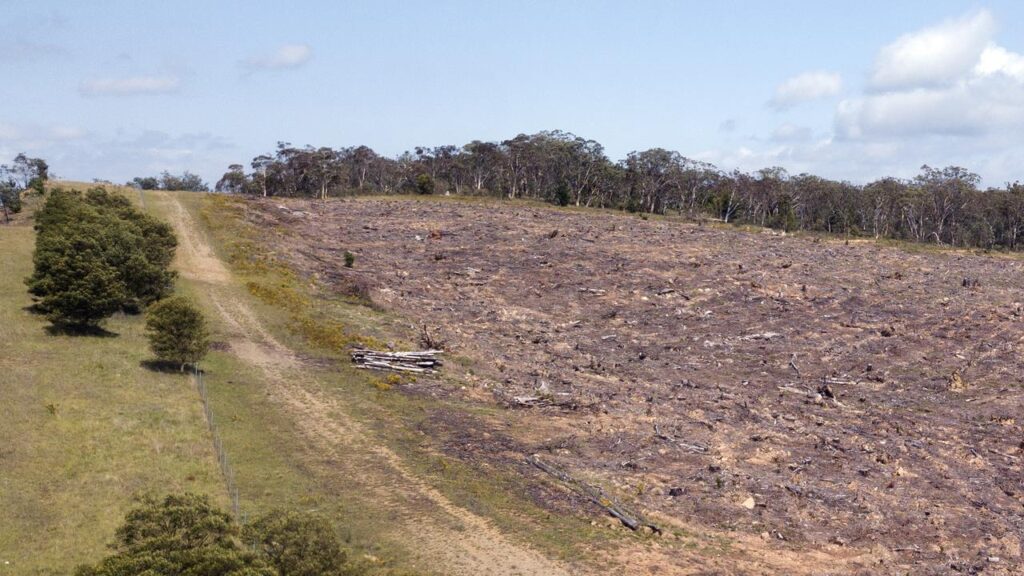New offers made as clock starts ticking on nature talks
Zac de Silva and Grace Crivellaro |

The environment minister has set a ticking clock on negotiations to better protect Australia’s natural sites and speed up project approvals
Murray Watt is offering concessions to get reforms through federal parliament, but only until the end of the week.
In the hopes of tackling a backlog of critical infrastructure, energy and housing projects, the government wants to pass an overhaul of the nation’s environment laws in the coming days.
Proposed amendments to the bill were sent to both the Greens and the opposition on Tuesday morning, but Labor says those changes are only on the table for a limited time.

Concessions to the Greens include limiting the fast-tracking of fossil fuel projects, and keeping the “water trigger” in the hands of the federal government.
The trigger requires any impacts on water resources to be considered when approving a project, but Labor had wanted to delegate that power to the states.
The Greens said they were in “active discussions” with Labor on the bill.
Amendments sent to the coalition include a limit of up to 14 days on ‘stop work’ orders for sites which breach environment rules.
The coalition has also raised concerns about the powers of a proposed National Environment Protection Agency – in response Labor has agreed to somewhat limit the powers of the department’s boss.
Opposition Leader Sussan Ley said the proposed changes were still “totally insufficient” to win her party’s support.
“Those amendments only meet us maybe halfway on half of the issues,” she told reporters in Canberra.

Ms Ley said she was particularly concerned about the proposed power to block a project if it would cause an “unacceptable impact” to the environment, claiming the current definition of unacceptable impacts was not clear.
Senator Watt said he was willing to compromise somewhat on that issue, but stressed he wanted the package of laws to remain balanced.
“At the end of this negotiation, we will be able to point to very real gains for both the environment and for business, and it has to stay that way,” he told reporters.
He also claimed multiple coalition frontbenchers had approached his office to negotiate on the bill, and urged his opponents to “get their house in order”.
Parliament is scheduled to rise on Thursday evening, but politicians have been told to stay until Friday, in case negotiations drag on until the last minute.
Labor sources said if a deal wasn’t struck this week, they would push for a vote on the bill in its original form, without any amendments, at some point next year: a political threat aimed at ramping up pressure on the Greens and coalition to strike a deal now.

The Australian Conservation Foundation says the legislation would take the nation backwards by expanding the minister’s discretion over contentious projects like coal and gas, if deemed in the national interest.
Chief executive Kelly O’Shanassy warned negotiations were at a critical stage and a deal with the coalition would weaken “already bad legislation”.
“(Labor) should only negotiate with the parties that want to protect nature,” she said.
“The bare minimum they could do is make sure that coal and gas projects that are put out for assessment are actually assessed through climate impacts.”
AAP